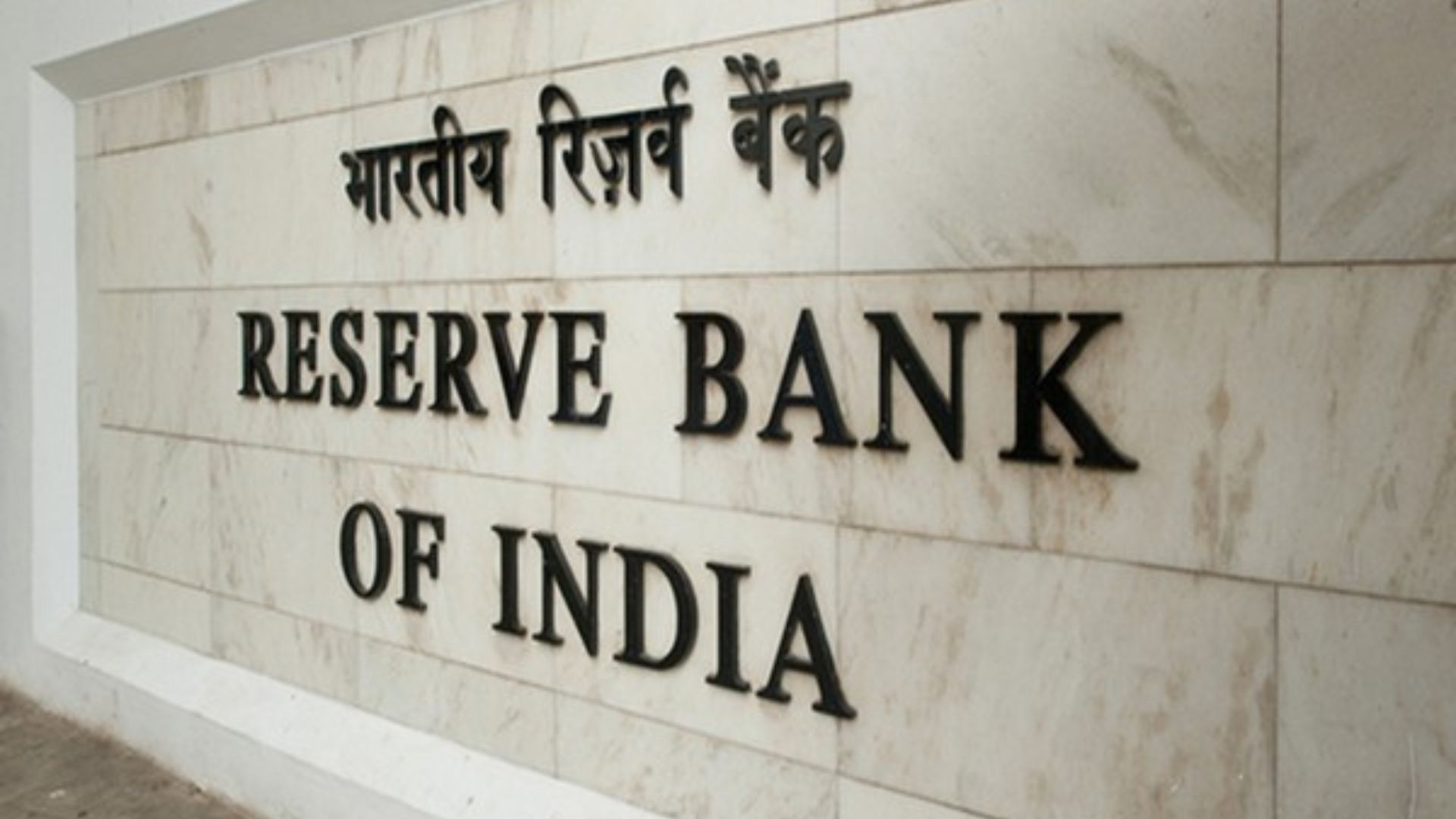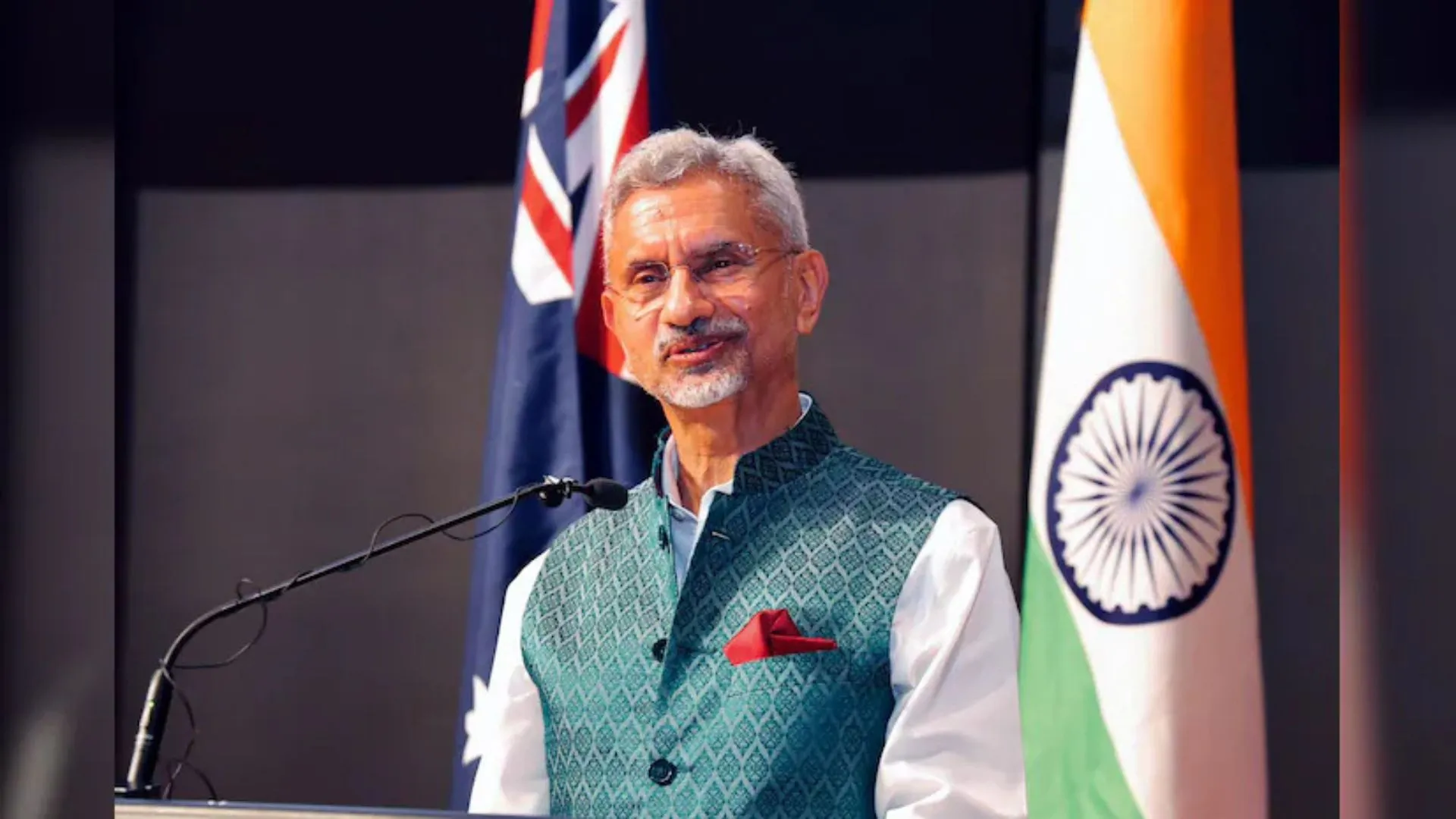Right to life as guaranteed under Article 21 of the Constitution of India also includes the right to health and states being the duty bearer to protect the health and wellbeing of its people. The right to health also has its reference in Article 38 — social order to promote the welfare of the people under the Constitution of India.
The novel coronavirus also known as COVID-19 said to be originated in Wuhan, China. Over a period of time, it has been spread almost all the other countries, including India, which observed its very first case in January this year. With the increasing number of cases, the World Health Organization (WHO) declared COVID-19 a “Global Public Health Emergency”. Governments across the globe have taken drastic measures to limit the virus’s spread, including national lockdowns, border closures, and ramped-up medical research. To fight against this pandemic, Hon’ble Prime Minister Narendra Modi imposed a nation-wide lockdown for 21 days in India from 25th March 2020 with only a few essential services running, all others like commercial, industrial, religious and cultural activity were shut down. Residents were ordered to self-quarantine themselves. This lockdown was aimed at slowing down the spread of the coronavirus and breaking the chain to combat corona. Instead of obeying the lockdown order, people started panicking and scrambling to stock daily essentials products and thousands of labours, migrants, who fear dying not from the deadly virus but rather from hunger, have decided not to wait and start moving to their respective state. Many of the fundamental rights of the people are suspended.
Stages of transmission
According to the Indian Council of Medical Research (ICMR), there are four stages of transmission of the Novel Coronavirus:
• Stage 1 – Imported Cases (People with travel history). This includes cases usually from people who had travel history to an already corona affected country.
• Stage 2 – Local Transmission (Transmit virus usually to friends or family member). This includes those cases from people who have brought the virus from other affected countries and transmit it to people living nearby them.
• Stage 3 – Community Transmission This includes those who are not having direct contact with an infected person or not having any travel history to any affected countries yet he/she reports corona positive thus affecting many others around him/ her.
• Stage 4 – Epidemic This is the last and the most fearsome stage as the disease becomes an epidemic in a country with large no of cases spreading across the country and the rising number of deaths with no clear stopping point. China is a perfect example of this situation.
Legal aspects: Constitutional framework
As we know, The Constitution of India is supreme and consider as a “skeleton to guide”. Every passed act derives its validity from the Constitution itself. Any provision or act which is in contravention with the articles mentioned in the constitution is considered to be “void ab initio”.
But article 256 of the Indian constitution grants powers, which deals with the duty of the state and the union’s executive power and also extending the power of Union of giving required instructions to the State as may appear to the Indian Government to be necessary for the purpose. And this lockdown for 21 days announced by the prime minister is valid in this manner as all these are done to protect whole India from the deadly contagious disease and same recognized by the government and prioritise the interests of society at large and suspending some of the rights of the individual for the benefits of the general public. And it is a well-known fact that this pandemic is affecting every country and India as a whole and the declaration of lockdown was to prevent the life of the people
. Here the Union, the state and the citizens came along and decided to voluntarily waive their right to movement and restrict themselves in certain boundaries to fight against this pandemic disease i.e. Coronavirus together and it is completely valid as it is for the welfare of the society. And in Smt Ujjaim bai vs state of UP, it was held that Fundamental Rights are inviolable except under certain conditions. The rights are placed in Part III of the Constitution, which is regulated ‘Fundamental Rights”, and the conditions under which these rights can be abridged are also indicated in Part III. Briefly stated, the conditions are that they can be abbreviated only by a law in the public interest or to achieve a public purpose.
Issues
1. Tracing patients: Surveillance vs Right to Privacy. The right to life and personal liberty is most basic of all our rights and gives meaning to our very existence. Every person comes into the world with a right to his person which has the freedom of moving and using it at his own will. This Fundamental Right is guaranteed under Article 21 of the Constitution of India, which states “No person shall be deprived of his life or personal liberty except according to a procedure established by law.”
Right to life as guaranteed under article 21 of the Constitution of India also includes the right to health and states being the duty bearer to protect the health and wellbeing of its people. The right to health also has its reference in Article 38 – Social Order to promote the welfare of the people under the constitution of India
. It is also stated in Section 2 of Epidemic Law that authorizes a state to inspect people and segregate suspected patients. Measures and procedures for the check-up, vaccination, and vaccination of persons, including their segregation in a hospital, temporary accommodation, or otherwise can also be taken.
“necessitas non habet legem” – necessity knows no law.
In the time of Pandemic, we should not lose vision of the inventive capacity of the law to maintain its significance. Necessity is a doctrine which ties the gap between what the law allows the government to do and the government’s actual response at the time of emergency. Restricting the free movement of the citizens of India and to assemble peacefully in the territory of India, guaranteed under Article 19(1)(b) and (d) of the Constitution of India. The framework of the said laws imposing restrictions have been curtailed to maintain public order and in the interest of the general public. Limiting some of the rights of an individual for the legitimate aim to protect them from this deadly virus is itself a need of the nation right now.
2. Quarantine vs Right to freedom of movement
The consequence of law which curtailed individual freedoms guaranteed by Article 19 would be required to answer the tests of reasonableness stated in clauses 2 to 6 of Article 19 and the State must satisfy that both the fundamental rights are not infringed by showing that there is a law and that it does not amount to an unreasonable restriction within.
All citizens of India guaranteed with protection of certain rights such as Fundamental rights “to move freely throughout the territory of India” and “to assemble peaceably” which guaranteed under 19(1) (d) and Article 19(1) (b), respectively.
Quarantine being a restriction on free movement and assembly of people prima facie violates fundamental right mentioned in Article 19 of the constitution of India. However, Article 19 (3) states “Nothing in subclause (b) of the said clause shall affect the operation of any existing law in so far as it imposes, or prevent the State from making any law imposing, in the interests of the sovereignty and integrity of India or public order”. Likewise, Article 19(5) offers the state power to make such laws in the interest of the general public.
The UN Charter and International law principles also implied here as India being party to these which states that “Member states have the sovereign right to implement their health policies, even if this includes the restriction of movement of people. Article 3 of the International Health Regulations (IHR), 2005 lay down rules for implementation of quarantine, ensuring it to be respectful of the dignity, human rights and fundamental freedoms of individuals.
Quarantine includes the restriction of free movement of individuals, or separation from the rest of the population, of healthy persons who may have been infected, with the objective of monitoring their symptoms and ensuring early detection of being infected.
And Epidemic Diseases Act, 1897 empowers the government to provide better prevention of the spread of dangerous epidemic diseases. Any state government, when satisfied the test of reasonableness i.e., any part of its territory is exposed to an outbreak like coronavirus, may authorize all measures, including quarantine, to prevent its spread. This is the main legal defence of the government to combat this situation of crisis.
“Desperate times breed desperate measures.”
Quarantine, across the world, is proving to be the best bet in the containment of Coronavirus disease and the same is prescribed by WHO. It might be interfering with our liberty but such a reasonable restriction is even permissible under our Constitution itself in the interest of general public and order, it is also our duty as a citizen to cooperate with the government and help to break the chain of infecting coronavirus by being at indoors.
Statutory provisions involved
It is clear that no single law can effectively control the present coronavirus outbreak. It is this reason that there are various provisions of Indian Penal Code (IPC), Criminal Procedure Code (CrPC), the Epidemic Diseases Act and the Disaster Management Act (DMA) is being invoked to govern the current outbreak situation.
3. Penal provisions needed for criminally negligent patients and authorities While dealing with an emergency by the outbreak of a dangerous viral disease, the state may seek the support of its citizens to combat coronavirus. If the desired support is not forthcoming, a regulation may be imposed. For example, Section 144 (Cr.P.C.) empowers the administration to enforce restrictions on the personal liberties of individuals to prevent injury or danger to human life, health, and safety or disturbance of public peace. And section 4 of the Epidemic Diseases Act includes a protection clause that gives state immunity such that “no suit or other legal proceeding can be brought against any person for anything done or in good faith intended to be done under this Act.”
Failure to comply with such restrictions constitutes a punishable violation under the following sections of the Indian Penal Code, 1860.
There are these statutory provisions which direct the authority during this pandemic namely,
The Epidemic Diseases Act, 1897,
The Indian Penal Code, 1860.
The Disaster Management Act, 2005 and
Code of Criminal Procedure, 1973.
The Epidemic Diseases Act, 1897
Section 3 of this Act puts light on the penalty that can be given for potential violations of government order of lockdown. As per this provision, the punishment is given when a person violates any regulation or order made under the Act. The quantum of punishment is recognized under Section 188 of the Indian Penal Code, 1860.
Indian Penal Code,1860: The relevant sections of IPC during this pandemic are Section 188, section 269, section 270, section 271.
i. Section 188 deals with disobedience to the directions promulgated by a public servant, the kind of noncompliance that is most likely to take place during the time of the outbreak and emergency i.e., disobedience which tends to cause danger to human life, health or safety or causes or tends to cause riot or disturbance will be punished with an imprisonment term up to 6 months or a fine up to 1,000 rupees or both.
ii. Section 269 covering negligent act likely to spread infection of disease dangerous to life, which will be punished with an imprisonment extendable up to 6 months or fine or both.
iii. Section 270 covering malignant act likely to spread infection of disease dangerous to life, which will be punished with imprisonment extendable up to 2 years or fine or both.
iv. Section 271 covering disobedience of quarantine rule, which will be punished with imprisonment extendable up to 6 months or fine or both.
The Disaster Management Act
The purpose of this act was to bring to a situation such as an earthquake, flood or fire rather than a disease like COVID-19. However, the Home Ministry on 14th March declared the Coronavirus outbreak as a “Notified Disaster”, thus, bringing into play the provisions of the Disaster Management Act.
Chapter X of this act exclusively talks about offences and penalties.
Section 51 (b) of this act states that whoever, without reasonable cause, refuses to comply with any direction given by or on behalf of the Central Government or the State Government or the National Executive Committee or the State Executive Committee or the District Authority under this Act. This provision has two facets- Firstly, it is for the persons who leave their homes for nonessential work. Secondly, it is for the persons who are infected from the virus but run away from the isolation ward. Those will be punished with imprisonment of a term up to 1 year or fine or both and can be extended to two years looking at the severity of the offence.
Law to impose a penalty on people spreading misinformation
Section 54 of this act includes punishment for false warning. The section is relevant in present conditions as if a person create or forward fake news and information about coronavirus with an intent to create chaos through social media platforms will be punished with imprisonment of a term up to 2 years and also with fine or both.
Conclusion
This coronavirus is said to have come to India from foreign countries and it must be addressed jointly by the whole nation without internal geographical restrictions and conflicts. As almost all the fundamental rights, right to freedom of movement, right to assemble peacefully right to privacy and various other fundamental rights were practically deferred during nationwide lockdown. But all these are done to protect the public from the deadly virus and government recognized to prioritise the interests of society at large and suspending some of the rights of individual for the benefits of the general public. If we look closely to the need of the lockdown amid an outbreak of coronavirus, we can draw that there was a legitimate aim of the state to impose the lockdown to protect the general public from the contagious virus and protecting the nation from this outbreak. Difference in steps taken by different authorities created confusion and lawlessness and cause panic among the general public. I believe government measures of social distancing under the nation-wide lockdown to prevent the spread of the contagious virus is appreciable and the only way to combat the spread of coronavirus.














